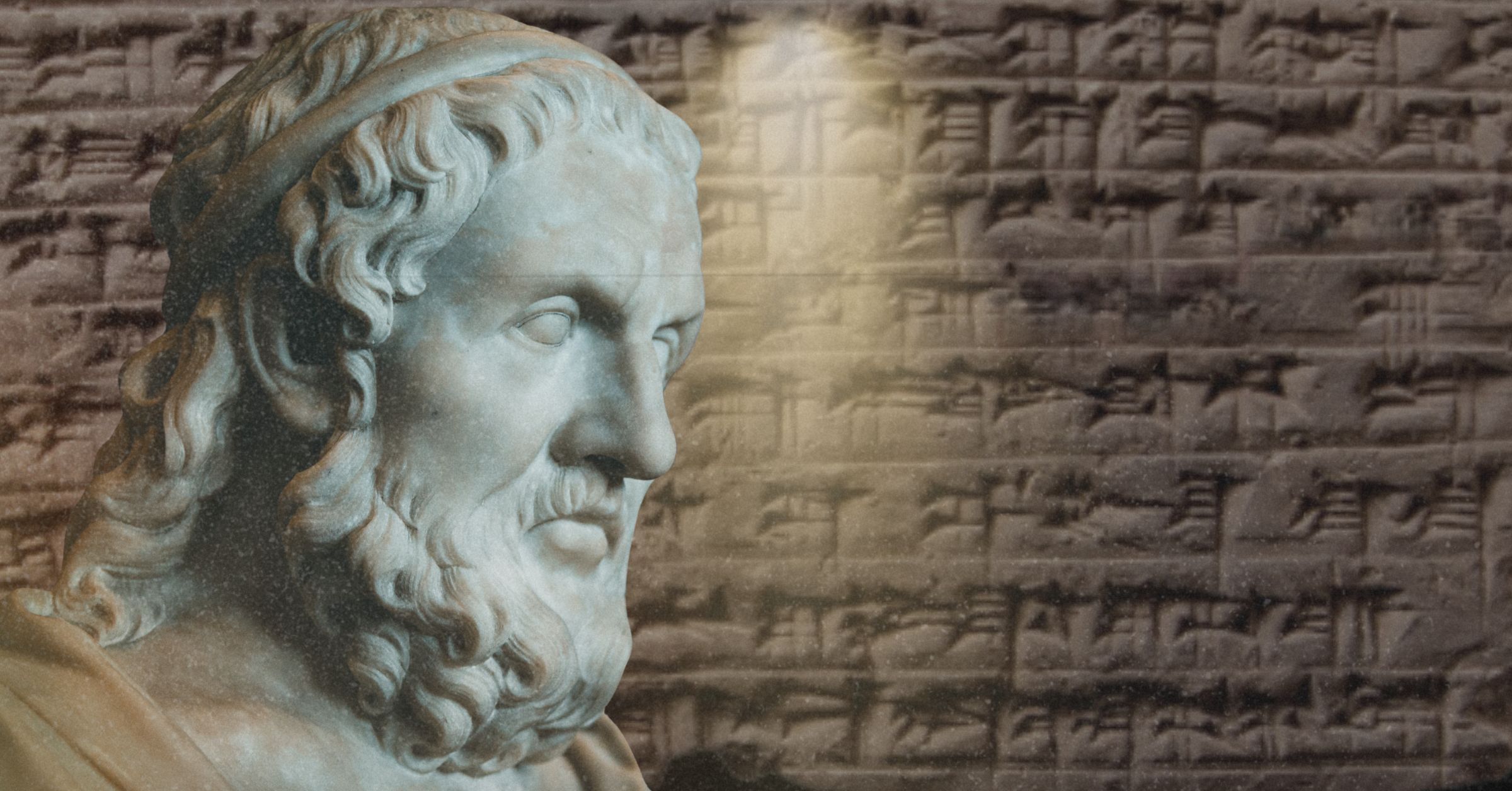The Contradiction In Demanding Extraordinary Evidence
My last post discussed some of the problems with demanding “extraordinary” evidence before considering the possibility that an extraordinary event – like the Resurrection of Jesus – actually did occur. Setting artificial standards for evidence, I argued, does little to advance the goal of determining the truth.
Skeptics often respond by insisting that nothing short of the miraculous will convince them of the existence of God. After all, they reason, if God did exist, would he not expect us to use the mind he gave us to come to our own conclusions about reality, conclusions based not on what others tell us but upon evidence and reason? Would he not expect us to work to separate fact from fantasy, and not just accept what someone else believes?
When pressed, the skeptic will often provide examples for the kinds of proof that would cause them to shift their thinking, such as:
- God appearing to everyone, everywhere at the same time
- Finding microscopic writing on every living cell identifying God as the maker
- Present day miracles such as amputees regrowing limbs through prayer
- Alien life coming to earth and proclaiming Christ as savior
- Finding large etchings on Mars authored by Yahweh.
These examples of “adequate” proof all share the quality of being “extraordinary.” Faced with such evidence, many more – though I would submit not all – would have a conversion experience. Since God performed such extraordinary acts in antiquity, the skeptic wonders whether it is asking too much that he perform these same types of acts for all people at all times in all places.
The first step in assessing this challenge is to consider whether God has an adequate reason for not addressing each of us in a direct and unambiguous way. Why doesn’t God write us an email each day that makes his will known? The answer, I suspect, has to do with the Fall – as a result of which God removed himself from direct contact with us – and from the fact that he actually does intend us to use our intellect to move towards him. To better know, and experience and understand him requires not a one-sentence tag line – “You should take that job. /s/ God” – but a conscious effort of the will to solve the puzzles of life, of revelation, of awareness of God in our lives. That this is achievable requires little more than perusing a book on the lives of the saints.
But at a deeper level, the skeptic who insists on such direct communication is betraying the very commitment to rationality that he pretends to have. The skeptic insists he cannot just believe “on faith” and that he expects that a God who gave us a mind would expect that we use it. Christians agree. In fact, many passages in Scripture reaffirm Jesus’ admonition that we are to love God with all of our minds. In placing trust in the Biblical account of reality, Christians use a rational process known as abduction – reasoning from inferences to a logical conclusion – piecing together dozens of bits of information to see where they lead. This process is an example of how rationality works.
By contrast, despite their asserted reliance on rational thinking, skeptics insist 1) that the evidence be “extraordinary” (whatever that means) and 2) that nothing short of a direct contact by God would suffice. Do they not realize that the intellect isn’t necessary if one’s expectations are set to that level? Even the person of below normal intelligence would be able to conclude “God Is” with such evidence and without any use of rational thinking. Reasoning from evidence to a conclusion would simply not be necessary.
The skeptic’s position is like that of a juror who refuses to convict the murderer because there was no confession, or no video of the killing as it took place. But killers always leave some evidence behind, and piecing together the bits and pieces of that trail allows for a thoughtful, rational person to find guilt regardless of the killer’s silence. Now, the skeptic may object that God should not try to hide, the way the killer does. No matter. Use a different example. Many of the greatest discoveries of science – for instance, unlocking the secrets of the atom – required effort to uncover the reality that lies beneath the surface. If scientists waited for an instruction manual to appear written into the canals of Mars, or printed on the cell, we would still be lighting fires to illuminate our caves. In any other pursuit of knowledge and understanding, the thoughtful person understands that the answers will not always be clear, and that reasoning to best conclusions is a viable way of attaining knowledge. Why should it be any different when it comes to knowledge of God? What is too easily obtained is often too little valued.
The skeptic sets impossible standards because he is trying to find reasons to reject what is patently obvious to most people who ever lived – created things require a Creator. Christians take this knowledge to a deeper level, placing confidence in their conclusion that this Creator revealed himself in the pages of the Bible. In so doing, Christians rely on reason.
It is the skeptic, with his impossibly high demands, that refuses to.
Recommended Resources:
I Don’t Have Enough Faith to Be an Atheist (Paperback), and (Sermon) by Norman Geisler and Frank Turek
How Philosophy Can Help Your Theology by Richard Howe (DVD Set, Mp3, and Mp4)
Stealing From God by Dr. Frank Turek (Book, 10-Part DVD Set, STUDENT Study Guide, TEACHER Study Guide)
Science Doesn’t Say Anything, Scientists Do by Dr. Frank Turek (DVD, Mp3 and Mp4)
Al Serrato earned his law degree from the University of California at Berkeley in 1985. He began his career as an FBI special agent before becoming a prosecutor in California, where he worked for 33 years. An introduction to CS Lewis’ works sparked his interest in Apologetics, which he has pursued for the past three decades. He got his start writing Apologetics with J. Warner Wallace and Pleaseconvinceme.com.



